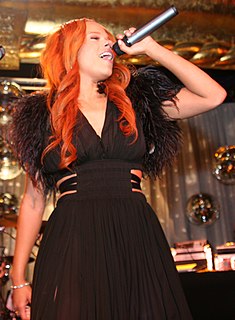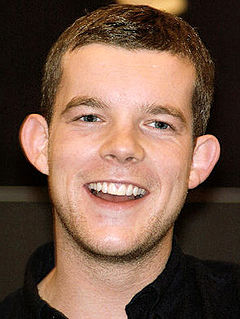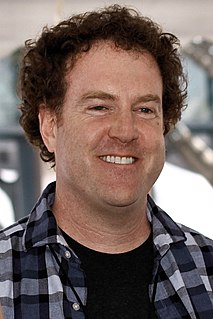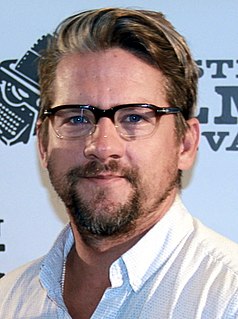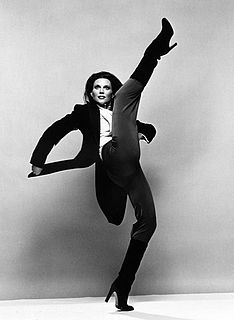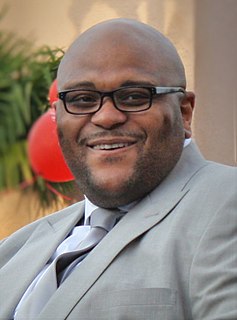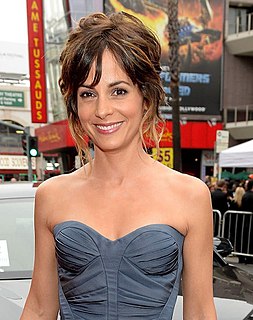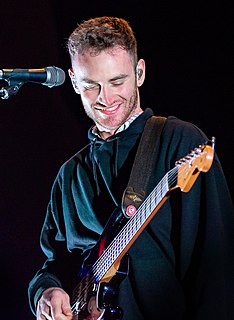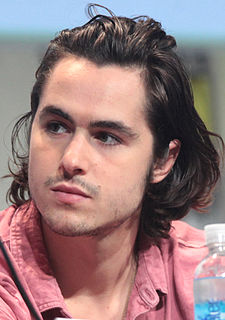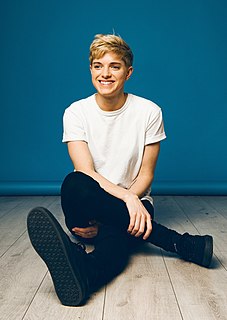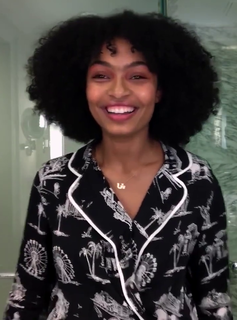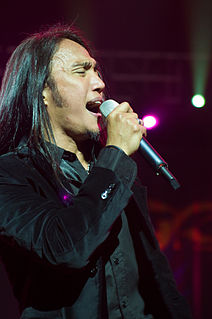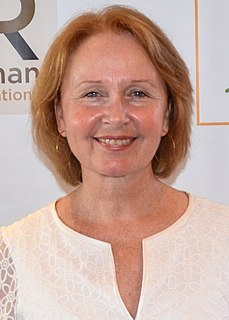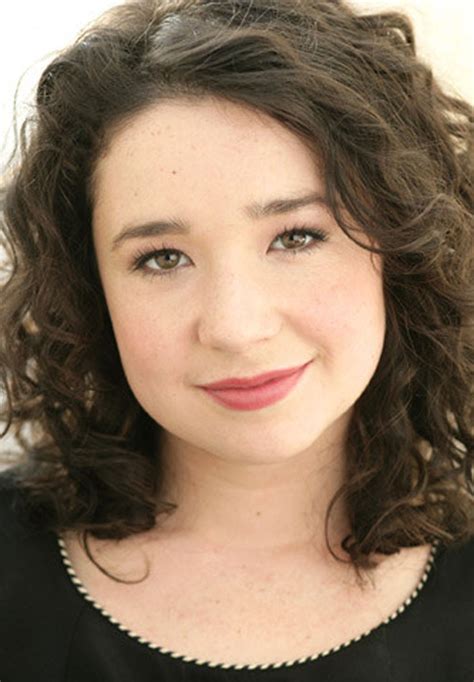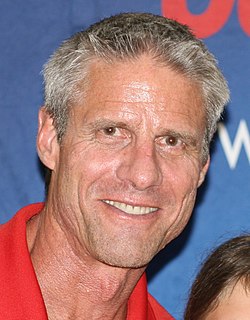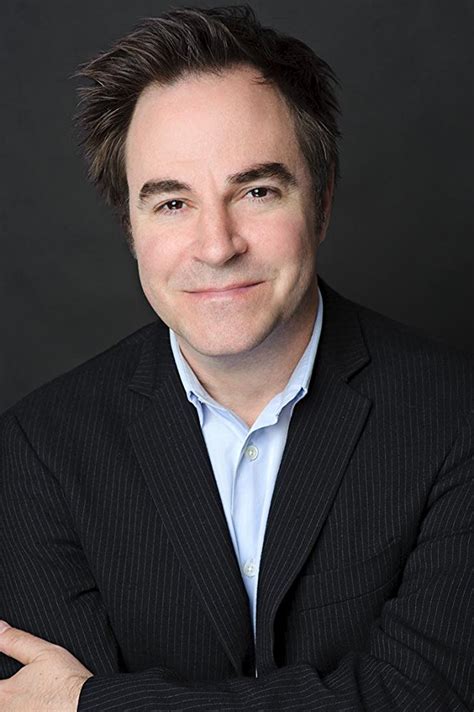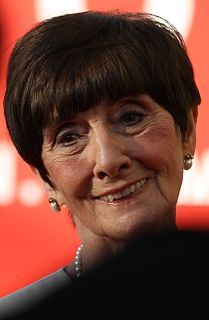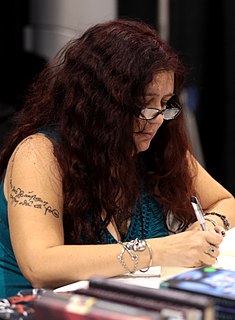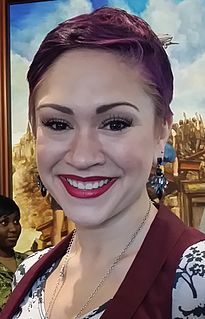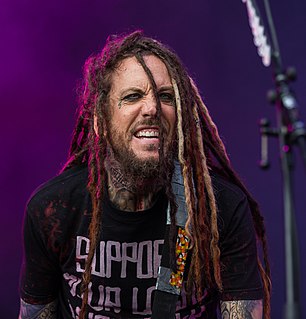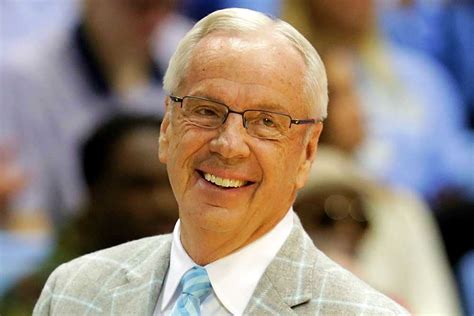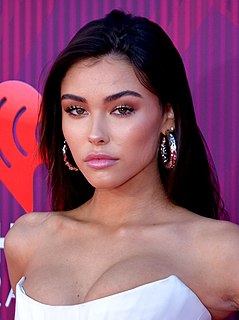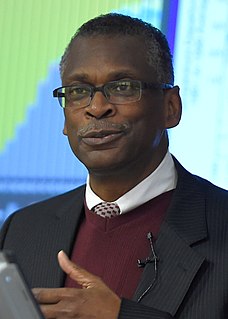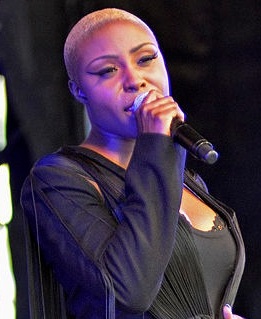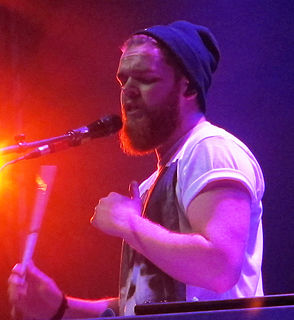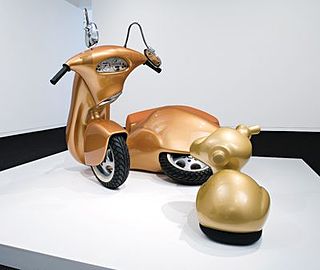Top 1200 After-School Quotes & Sayings - Page 15
Explore popular After-School quotes.
Last updated on December 20, 2024.
Going to school is not the same as going shopping. Parents should not be burdened with locating a suitable school for their child. They should be able to take their child to the neighborhood public school as a matter of course and expect that it has well-educated teachers and a sound educational program.
My mother grew up in abject poverty in Mississippi, an elementary school dropout. Yet, with the support of women around her, she returned to school and graduated as class valedictorian - the only one of her seven siblings to finish high school. She became a librarian and then a United Methodist minister.
At the school I attended, the clergyman who ran the cathedral school in Shanghai would give lines to the boys as a punishment. They expected you to copy out, say, 20 or 30 pages from one of the school texts. But I found that rather than laboriously copying out something from a novel by Charles Dickens, it was easier if I made it up myself.
At the age of 6, a teacher full of ambitions, who taught in the small public school of Biran, convinced my family that I should travel to Santiago de Cuba to accompany my older sister who would enter a highly prestigious convent school. Including me was a skill of that very teacher from the little school in Biran.
To expose the hardships experienced by children who are deprived of the right to attend school, Camfed has produced a series of films about educational exclusion. 'Every Child Belongs in School' provides a glimpse into the lives of children who have been forced by poverty to leave school at a very young age and take a difficult life path.
But, once again, when I said I'm so grateful for my mom just being adamant about me staying in public school - that is what allowed me to be exposed to so many different types of people. I went to a high school that was by the beach. I elected to do bussing my junior high school years. And my first year of high school, I would take the bus from my neighborhood to the beach schools. And at those schools, you had such a mix of so many types of kids.
I never went to school for that. In high school we had photography, which was great. That was another moment of discovery. I had a great teacher - I can't even remember her name now. I ended up going to boarding school for my last high school years and they had a dark room there. Of course there was curfew; you were supposed to be in bed at a certain time. But I would sneak out and sneak into the dark room and work all night.
In 1968 when I was in high school I built a four-foot-tall remote control robot with pneumatic cylinders that operated his hands. My robot won first place at a science competition at the University of Alabama where my high school was the only African-American school represented. That was a huge moral victory.
